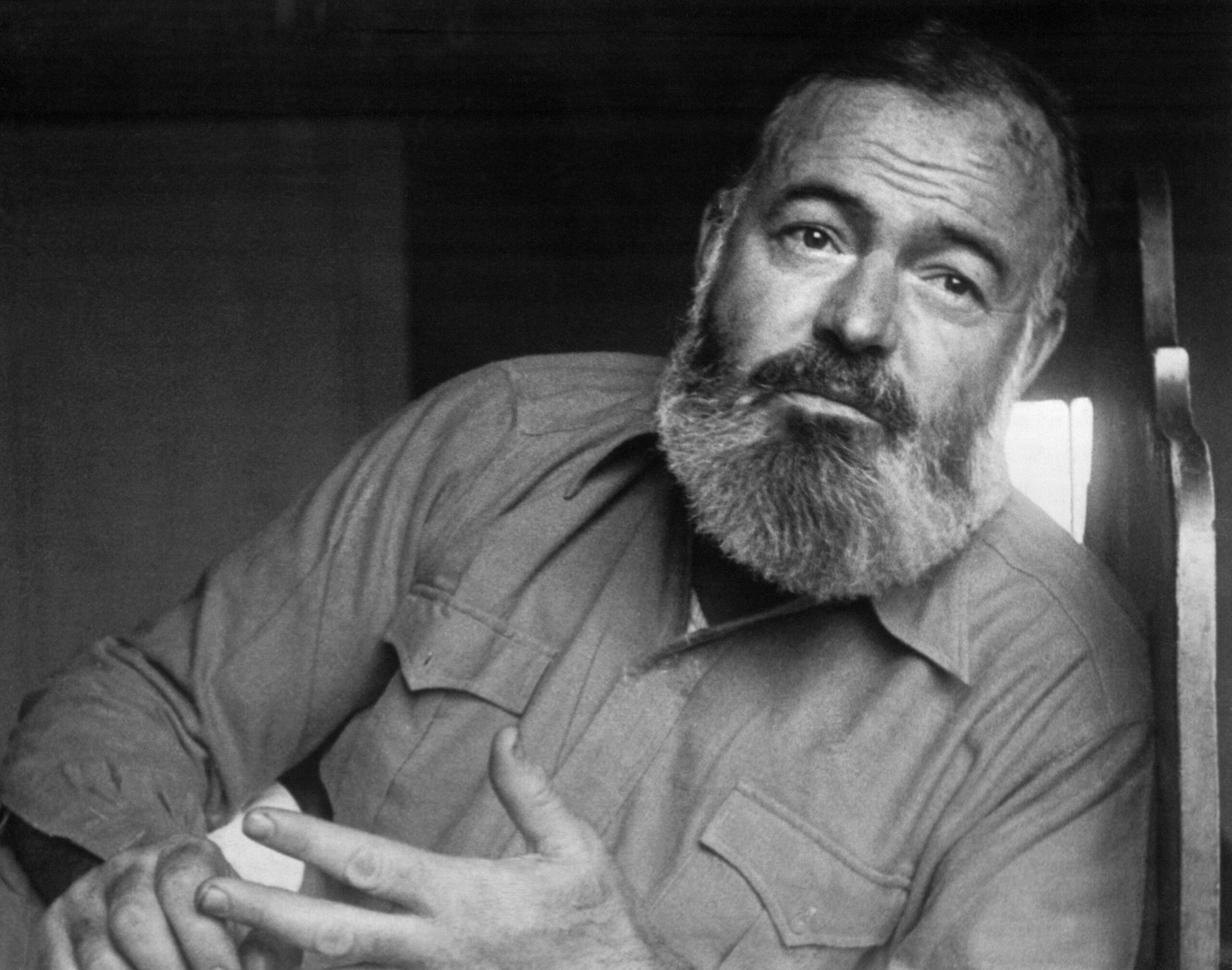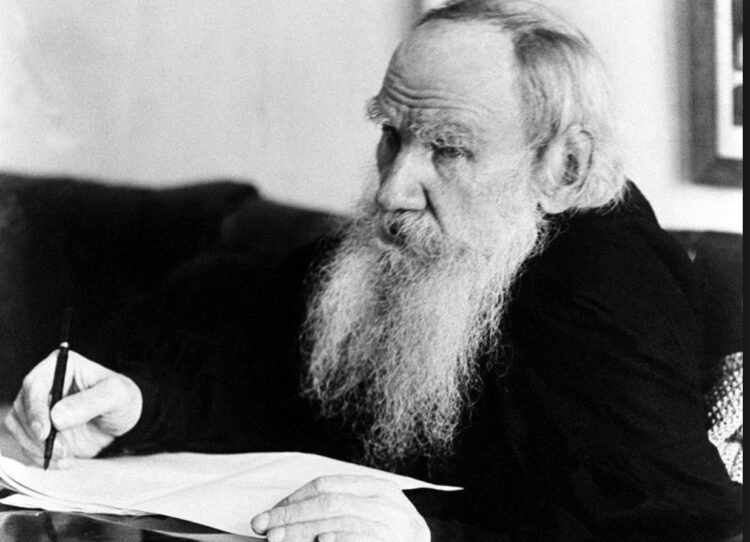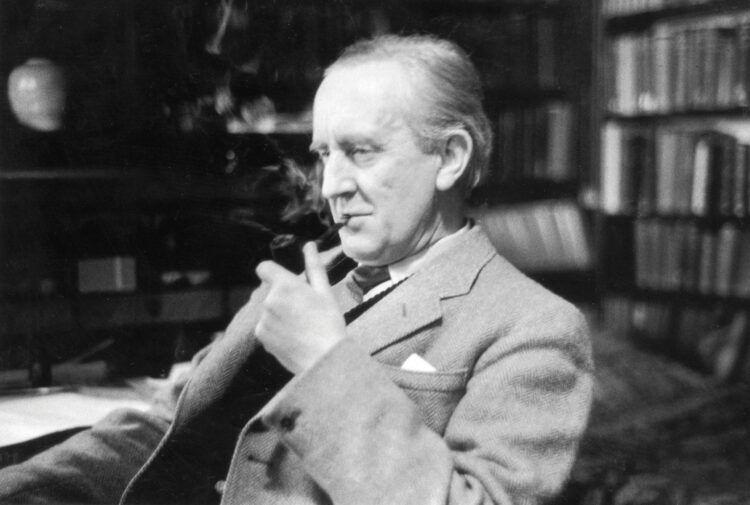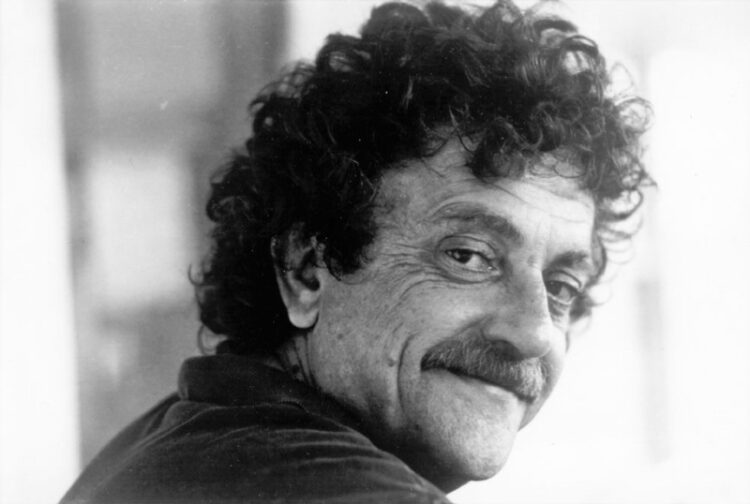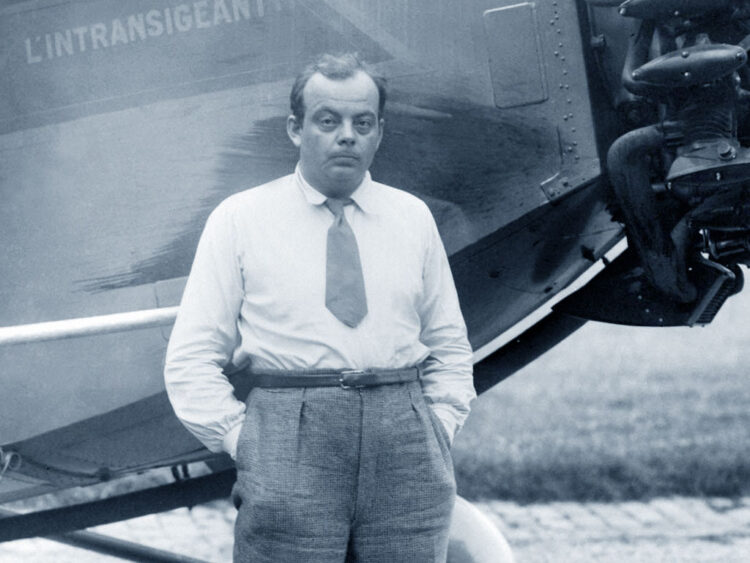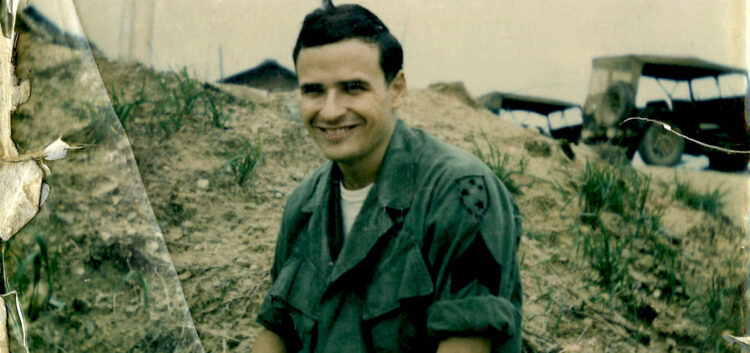Throughout history, the world has seen remarkable individuals who not only displayed bravery on the battlefield but also possessed the creative prowess to capture their experiences in the form of novels. These talented soldiers turned novelists have not only left an indelible mark on the literary world but have also provided unique insights into the harsh realities of war. Let’s explore some of these exceptional figures who excelled in both the art of war and the art of storytelling.
Ernest Hemingway was arguably one of the most influential writers of the 20th century. Hemingway served as an ambulance driver during World War I, and his experiences in the war heavily influenced his writing, particularly in works such as “A Farewell to Arms” and “For Whom the Bell Tolls.” Hemingway’s prose was characterized by its concise and impactful style, reflecting the stoic nature of soldiers amidst the chaos of war.
“There is nothing else than now. There is neither yesterday, certainly, nor is there any tomorrow. How old must you be before you know that? There is only now, and if now is only two days, then two days is your life and everything in it will be in proportion. This is how you live a life in two days. And if you stop complaining and asking for what you never will get, you will have a good life. A good life is not measured by any biblical span.”
― For Whom the Bell Tolls
Leo Tolstoy was renowned for his epic novel “War and Peace,” Tolstoy was a Russian soldier who fought in the Crimean War, and his time on the battlefield provided him with firsthand experience of the horrors of war, which he later portrayed vividly in his masterpiece. “War and Peace” delves into the lives of several interconnected characters during a time of war, offering profound reflections on the human condition.
“Yes, love, …but not the love that loves for something, to gain something, or because of something, but that love that I felt for the first time, when dying, I saw my enemy and yet loved him. I knew that feeling of love which is the essence of the soul, for which no object is needed. And I know that blissful feeling now too. To love one’s neighbours; to love one’s enemies. To love everything – to Love God in all His manifestations. Some one dear to one can be loved with human love; but an enemy can only be loved with divine love. And that was why I felt such joy when I felt that I loved that man. What happened to him? Is he alive? …Loving with human love, one may pass from love to hatred; but divine love cannot change. Nothing, not even death, can shatter it. It is the very nature of the soul. And how many people I have hated in my life. And of all people none I have loved and hated more than her…. If it were only possible for me to see her once more… once, looking into those eyes to say…”
― War and Peace
Long before he penned “The Lord of the Rings” trilogy and “The Hobbit,” J.R.R. Tolkien served as a British soldier during World War I. His experiences in the trenches of the Somme heavily influenced his fantasy works. The themes of camaraderie, sacrifice, and the fight against insurmountable odds can be traced back to his time on the battlefield.
“PIPPIN: I didn’t think it would end this way.
GANDALF: End? No, the journey doesn’t end here. Death is just another path, one that we all must take. The grey rain-curtain of this world rolls back, and all turns to silver glass, and then you see it.
PIPPIN: What? Gandalf? See what?
GANDALF: White shores, and beyond, a far green country under a swift sunrise.
PIPPIN: Well, that isn’t so bad.
GANDALF: No. No, it isn’t.”
― The Lord of the Rings
Kurt Vonnegut was an American soldier and was captured during the Battle of the Bulge in World War II. He survived the infamous Dresden firebombing as a prisoner of war, an experience that formed the basis for his darkly comedic and anti-war novel, “Slaughterhouse-Five.” Vonnegut’s work questioned the senselessness of war and its long-lasting impact on those involved.
“And on the subject of burning books: I want to congratulate librarians, not famous for their physical strength or their powerful political connections or their great wealth, who, all over this country, have staunchly resisted anti-democratic bullies who have tried to remove certain books from their shelves, and have refused to reveal to thought police the names of persons who have checked out those titles.
So the America I loved still exists, if not in the White House or the Supreme Court or the Senate or the House of Representatives or the media. The America I love still exists at the front desks of our public libraries.”
― A Man Without a Country
Best known for his timeless novella “The Little Prince,” Antoine de Saint-Exupéry was also a pioneering aviator and served as a French reconnaissance pilot during World War II. His novel “Wind, Sand and Stars” draws heavily from his experiences as a pilot and reflects on themes of adventure, isolation, and the beauty of the world.
“Goodbye,” said the fox. “And now here is my secret, a very simple secret: It is only with the heart that one can see rightly; what is essential is invisible to the eye.”
―
Tim O’Brien wrote “The Things They Carried,” a collection of interconnected stories about soldiers in the Vietnam War. He is an American author and Vietnam War veteran. Blending fact with fiction, O’Brien’s work explores the psychological and emotional burdens that soldiers carry with them long after the war is over.
“A true war story is never moral. It does not instruct, nor encourage virtue, nor suggest models of proper human behavior, nor restrain men from doing the things men have always done. If a story seems moral, do not believe it. If at the end of a war story you feel uplifted, or if you feel that some small bit of rectitude has been salvaged from the larger waste, then you have been made the victim of a very old and terrible lie. There is no rectitude whatsoever. There is no virtue. As a first rule of thumb, therefore, you can tell a true war story by its absolute and uncompromising allegiance to obscenity and evil.”
― The Things They Carried
These soldiers turned novelists demonstrated incredible resilience, channeling their wartime experiences into powerful narratives that continue to resonate with readers worldwide. Through their works, they managed to humanize the face of war, offering a glimpse into the triumphs, tragedies, and complexities of armed conflicts. Their contributions to literature stand as a testament to the profound impact of war on the human spirit and the enduring power of storytelling.
